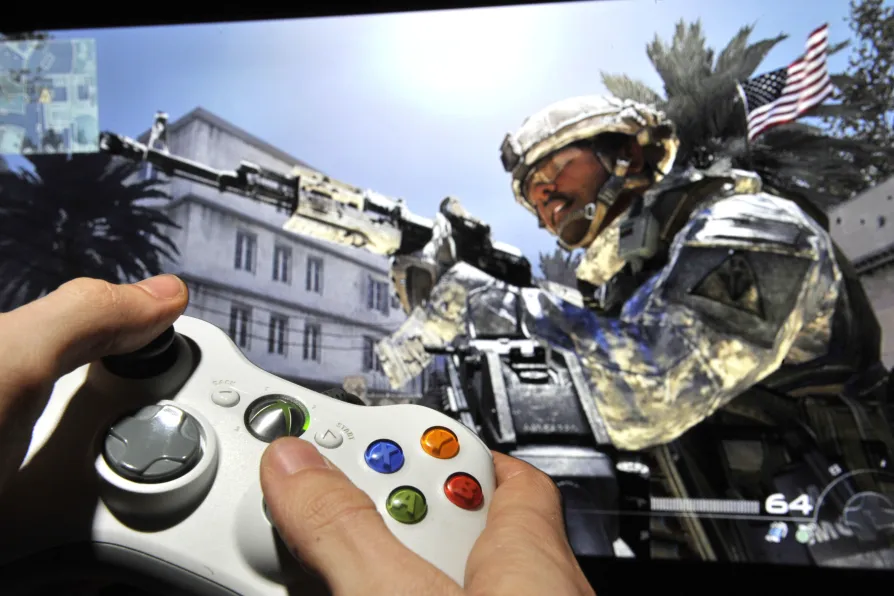From Chartists and Suffragettes to Irish republicans and today’s Palestine activists, the treatment of hunger strikers exposes a consistent pattern in how the British state represses those it deems political prisoners, says KEITH FLETT
Communicate, communicate, communicate
In the third of a series of weekly articles taking a reflective approach to issues in our current situation, DOUG NICHOLLS, GFTU general secretary, looks at how we are and have communicated and the dangers of the culture of violence for our children


WHEN I was first elected as a trade union general secretary in the 1980s, our national means of communications were a Gestetner machine and Lettraset.
I was forever messing up the stencils with mistakes on the manual typewriter and splattered with ink.
The trade union movement itself was established long before WhatsApp and Zoom, phones, trains and even bicycles.
Similar stories

ANSELM ELDERGILL asks whether artificial intelligence may decide legal cases in the future, in place of human judges, and how AI could reshape the legal landscape

It’s sunny times for the solar industry which is expected to continue to grow rapidly — but there are still major environmental issues with how solar cells are made, explain ROX MIDDLETON, LIAM SHAW and MIRIAM GAUNTLETT

LOUISE RAW reports back from the United States on the dystopian future its ruling tycoons have planned for us – and our need to take a stand against the far right in Britain now

Software engineer SCOTT ALSWORTH explains to his mother











